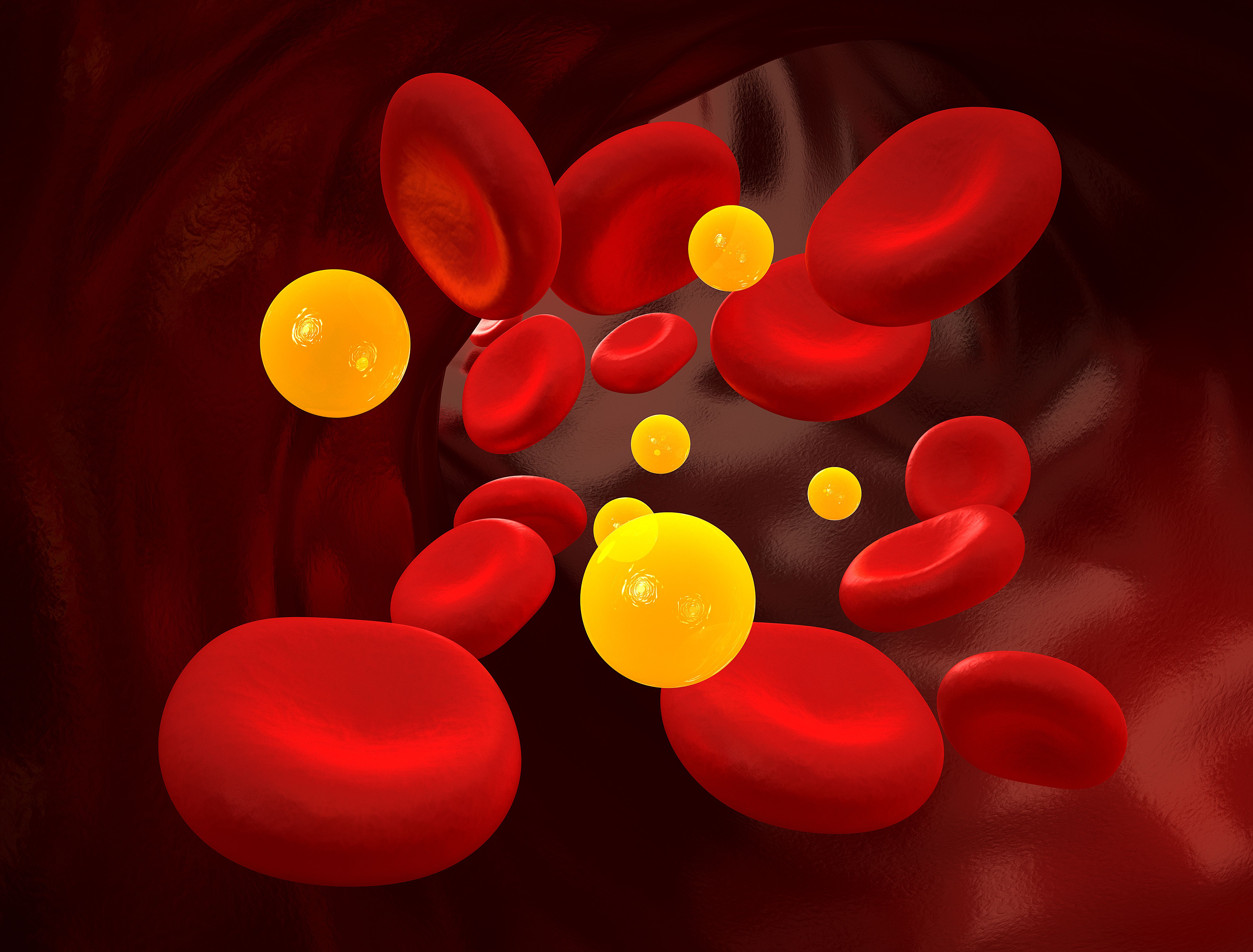Video
Lobbying for Improved FCS Testing
Author(s):
Transcript:
Andres Gelrud, MD: Darlene, how can a patient or a caregiver get involved with lobbying for improved testing for FCS [familial chylomicronemia syndrome]? What have you done, and what have you seen people do that has been effective?
Darlene Voll: On the FCS Facebook site we provide information regarding lobbying for specific bills. Our foundation will send out template forms with letters for some of the FCS community to fill out to send to their states’ representatives when bills go for passing in Congress. The FCS Foundation has also joined the Haystack Project and other leaders in the rare disease community, and they just came up with a new bill called the Heart Act; the name is an acronym for Helping Experts Accelerate Rare Treatments. The purpose of the Heart Act is to ensure that experts who truly understand a rare disease are involved with the FDA review process.
In our world, there’s a lot of information that experts and physicians need regarding clinical trials and test data. In the case of an ultra-rare disease, that’s not always feasible. You may not be able to get all the data that the FDA requires to approve a drug. However, for these rare diseases we’re asking the FDA to look at things a little differently and to look to experts and doctors who have seen these diseases and can attest that the benefits outweigh the risk because there are no treatments for people with FCS.
There may be risks associated with taking that drug or treatment, but if the benefit is that your triglycerides drop by 70% or 80% and you may no longer have acute pancreatitis, it’s worth it for the patient to make that decision themselves while being monitored by their doctor. We’re making great progress for changes as far as FDA approvals, and hopefully the Heart Act will go to Congress in the next 6 months and get approval.
Andres Gelrud, MD: Excellent. That’s a great example of how working together can make a huge impact.
Darlene, Vikesh, thank you so much for this insightful discussion. Thank you to our audience for watching this HCPLive® presentation. We hope you found this Peers & Perspectives discussion to be useful and informative. Hopefully, you’ll be able to apply what you learned with your patients soon. Thanks so much for joining us.
Transcript Edited for Clarity




